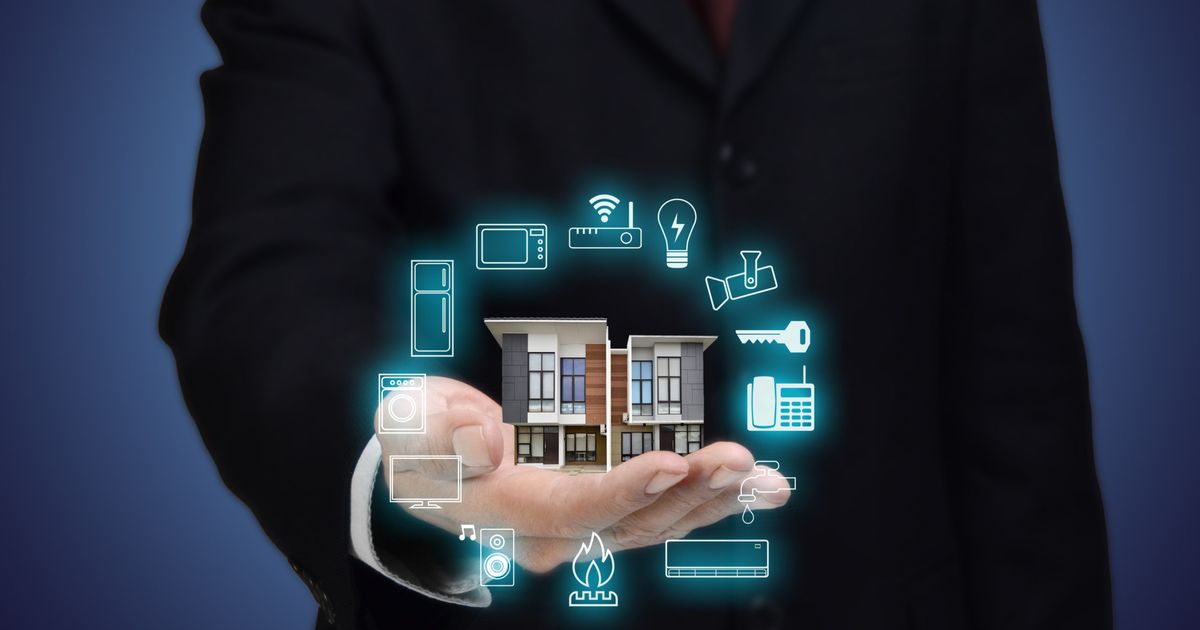Property management software (PMS) systems are advanced applications designed to assist businesses in managing day-to-day operations seamlessly. These operations encompass a broad spectrum of activities, including scheduling, organizing, monitoring occupancy, and managing accounts, among others.

As businesses strive to diminish reliance on human workers who multitask—often leading to potential mistakes—these automated solutions have surged in popularity. Property management software tools exist as centralized online systems that automate workforce operations, enhancing operational efficiency by streamlining the recording and usage of information and simplifying task management.
Guidelines for Choosing the Best Property Management Software Tool
When one is in the process of selecting the most appropriate property management software, it essential to consider key factors that can guide the decision toward meeting individual needs effectively.
Determine the Specific Requirements
Before making a significant financial investment in property management tools, including their purchase, installation, and operational integration, businesses must have a clear understanding of their unique needs. This understanding can be achieved by posing a series of targeted, clarifying questions. These questions should address what exactly is required from the software tool—whether it capabilities for managing rent and leases, tracking finances, or overseeing maintenance. Additionally, companies need to ascertain whether they are primarily dealing with residential or commercial properties and evaluate their scalability needs. Once these aspects are clearly outlined and addressed by a suitable tool, businesses can invest with the confidence that the software will efficiently streamline their wide array of operational tasks.
Assess Data Security and Privacy Features
One of the primary reasons for the adoption of property management software in organizations is to enhance data protection measures. Such software offers a heightened level of security compared to the safeguards human workers can provide. Given the nature of property management, handling sensitive data such as maintenance logs, financial information, and tenant records is standard. Thus, data protection measures should be comprehensive, involving robust encryption protocols and the implementation of regular data backups to avoid breaches or data loss. It crucial that these tools incorporate multi-factor authentication systems to further ensure security and employ context-sensitive data protection measures, securing both corporate and client-specific data. The most effective property management software solutions offer firms and their clients robust data protection coupled with strict access management controls.
Ensure Rapid Invoice Processing and Efficient Billing
In certain industries, like hospitality, property management tools are extensively used. Hotels, for instance, experience a high turnover of clients daily, which can burden front-desk staff with tasks such as managing invoices and collecting payments, potentially leading to errors and missed deadlines. Fortunately, these software tools handle these responsibilities with ease. An essential feature to consider in a PMS tool is a user-friendly interface that simplifies invoice creation and bill collection processes. If a tool interface is too complex, leading to unnecessary delays, businesses should carefully reconsider their purchase decision.
Prioritize Easy Implementation and User-Friendly Design
Businesses typically favor software that can be rapidly implemented and become operational quickly. Lengthy installation and integration processes, especially when aligning with pre-existing systems and interfaces, can prove inconvenient. Ideally, the software should offer an intuitive interface to support ease of use across various departments, such as the front desk, housekeeping, and others. When property management software operates smoothly, it can substantially boost productivity within a business.
Features of Property Management Software Tools
Property management software tools are endowed with a wide variety of features, making them essential resources across many industries.
Managing Rental Payments
These software tools boast features allowing for detailed tracking and administration of rental payments. With these capabilities, business owners can efficiently monitor both upcoming payable and receivable rental obligations, as well as any amounts owed by tenants or clients.
Improving Customer Service
Property management systems are crucial in tracking important dates, like lease renewals and rent payment due dates, thereby assisting in the efficient management of customer interactions and communications.
Accounting and Bookkeeping
Effective financial management is key to business success, and property management systems help simplify these processes. They enable the maintenance of accurate financial records, production of ledgers and balance sheets, and execution of various financial activities with precision and ease.
Cost of Developing Customized Commercial Property Management Software
While unforeseen expenses may occur, custom development of a property management software typically costs between $40,000 to $250,000. Several factors, including UI/UX design quality, included features, technology framework used, and location of the development team, can influence this budget.
Prominent Property Management Software Tools
Various tools, such as Rent Manager, Guesty, Rentec Direct, PayHOA, TenantCloud, and Buildium, are widely used across industries. They facilitate a range of tasks including short-term rental management, effective rent collection, tenant information management, and comprehensive property maintenance operations.





